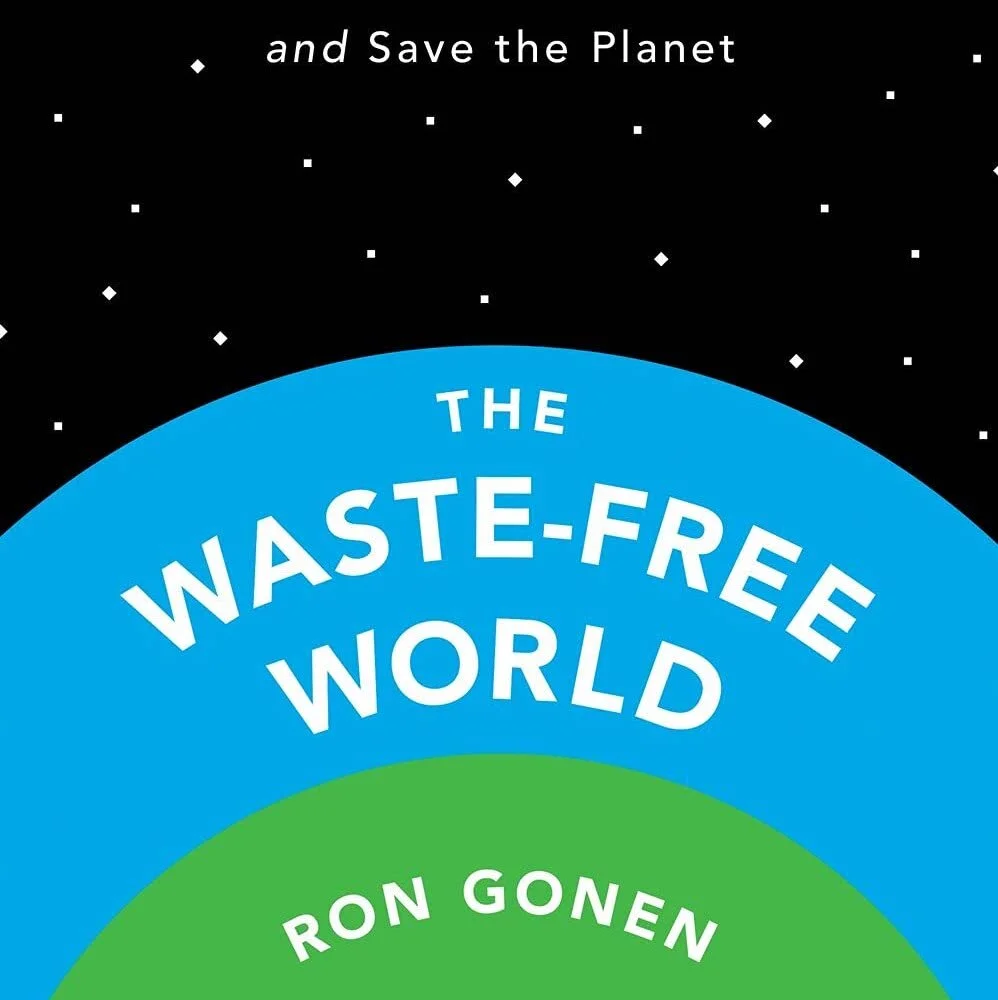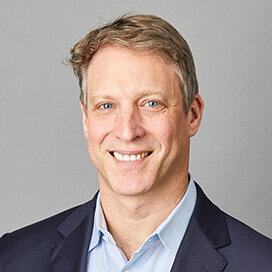Highlights - Victor Lopez-Carmen - Co-Chair, UN Global Indigenous Youth Caucus - Dakota - Yaqui Writer, Health Advocate
/Dakota & Yaqui Writer, Health Advocate · Co-Chair, UN Global Indigenous Youth Caucus
Founder of Translations for our Nations · Co-founder Ohiyesa Premedical Program
My mom and my dad would often go to protests. They would organize movements. They'd be part of multilateral indigenous people's movements, not only nationally, but internationally, that were operating at the grassroots level. Activism, it’s a tradition in my family for indigenous rights. I have aunts and uncles that were very involved as well. So as a kid, I was often at those protests. I was running around as a little Native kid with all the other little Native kids, when our parents would be in meetings discussing how to move forward discussing indigenous rights.











